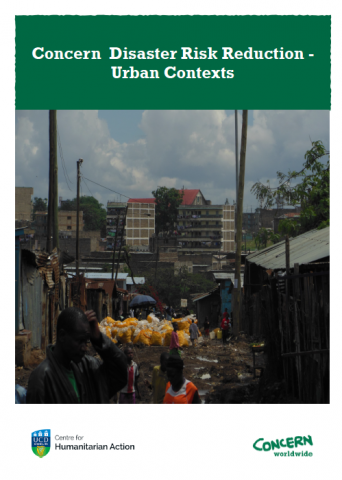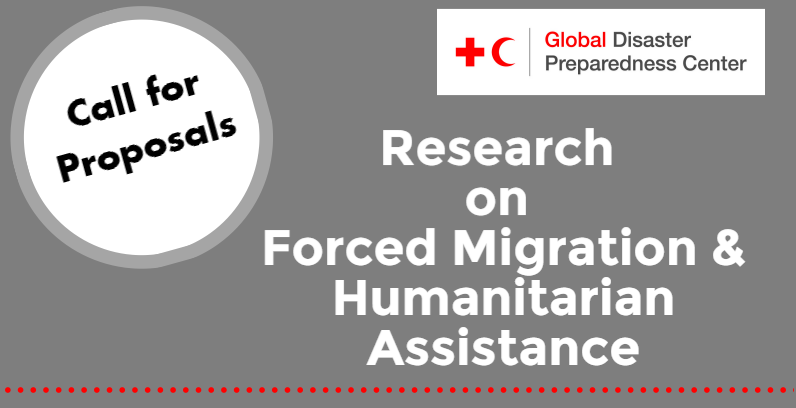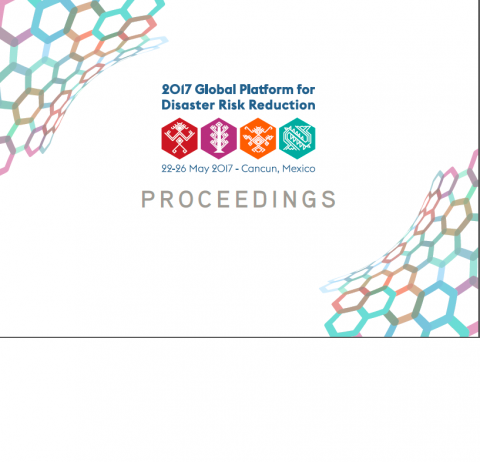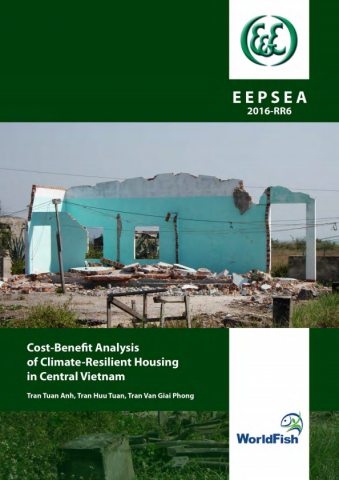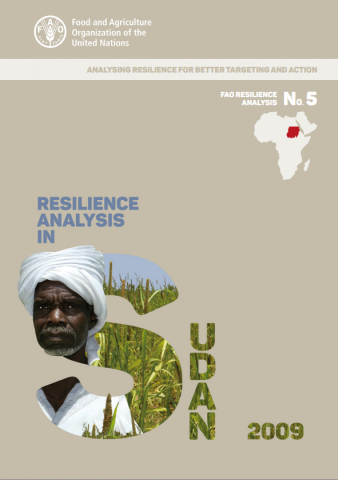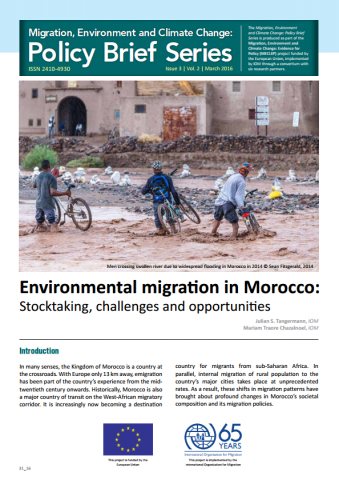Concern Disaster Risk Reduction – Urban Contexts
This publication is a synthesis of lessons from more than a decade of Concern Worldwide’s disaster risk reduction (DRR) programming in urban geographic contexts. Based on research in Port au Prince, Haiti; Dhaka, Bangladesh; Nairobi, Kenya; and Freetown, Sierra Leone, this publication describes Concern’s approach to DRR and offers lessons and guidance on how to […]
Concern Disaster Risk Reduction – Urban Contexts Read More »

